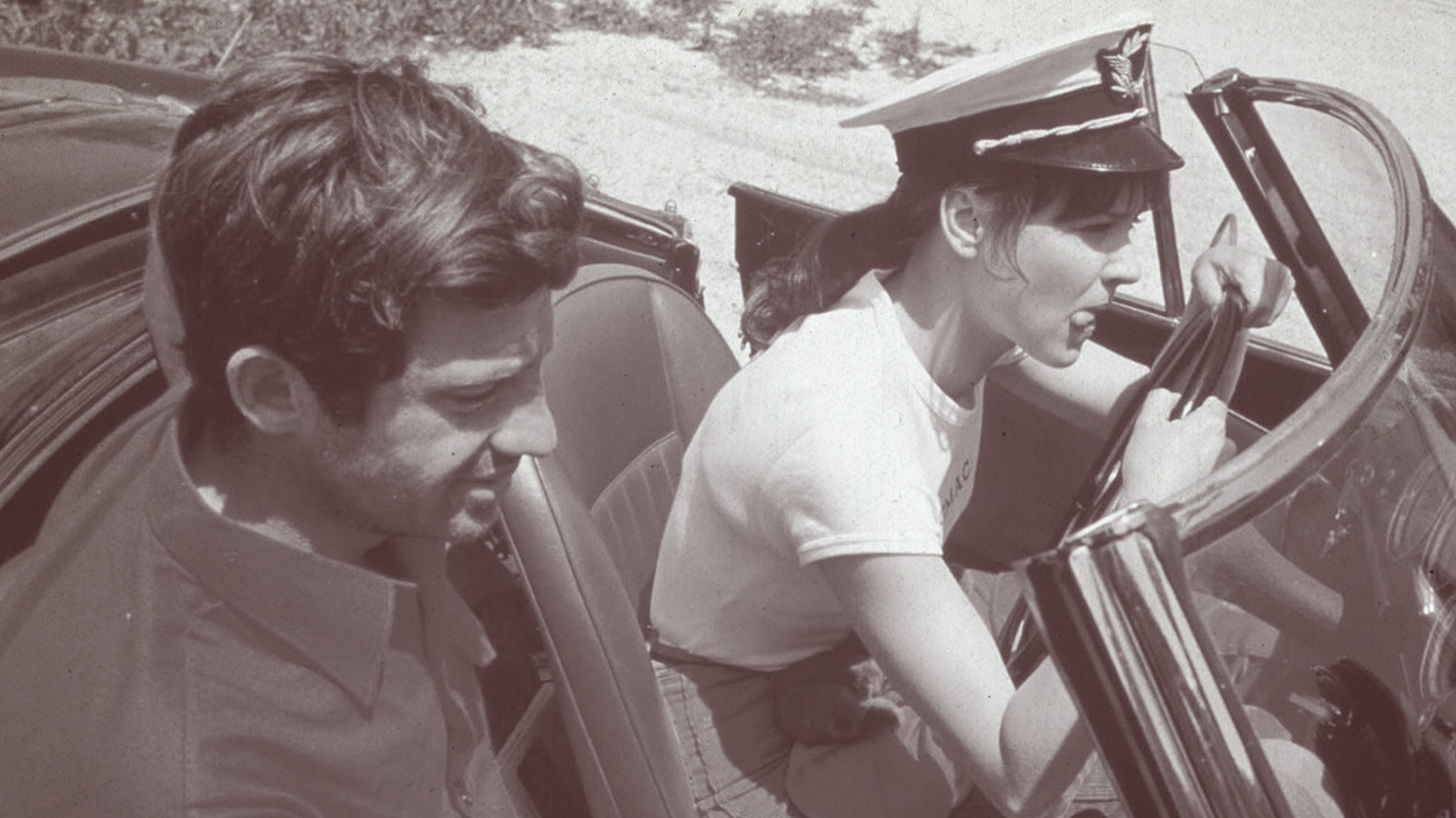“When a human being is capable of creating things that transcend our lived experience, it’s easy to assume that they themselves can transcend its limits.”
Yesterday, a mountain slid off the face of the earth and into the sea. Jean-Luc Godard—filmmaker, screenwriter, artist, and visionary—has left this earth at the age of 91. When someone is so much larger than life, when they hold such influence and esteem, we’re lured into a false sense of security. We think that they’ll live forever—at least I did. A silly idea, I know, but when a human being is capable of creating things that transcend our lived experience, it’s easy to assume that they themselves can transcend its limits.
By today’s standards, Godard’s techniques don’t seem so revolutionary—at least until you realize that he invented many of today’s standards. When Godard and his cohort of radical filmmakers hit the scene in the 1960s, their films and ideas would soon leave an indelible mark on the medium. Their French New Wave would wash over a landscape that had been made stagnant by convention and automation, forever altering the world’s perception of film.
To be clear, I am not a Godard expert; I discovered his work quite late. I was in my third year of college, working and studying in Paris, when his films were suddenly presented to me as a rite of passage. I was surrounded by the ecosystem that served as their blueprint—and this, in itself, seemed to be fertile grounds for discovering a person whose work I was a stranger to.
“By today’s standards, Godard’s techniques don’t seem so revolutionary—at least until you realize that he invented many of today’s standards.”
The first Godard film I watched was his critically-acclaimed À bout de souffle (Breathless), and I didn’t understand it. I had been conditioned to watch movies that made “cinema” fairly simple to interpret, even as I took intermittent breaks to pick my nails or glance down at my phone. There’s merit to those kinds of movies, but I quickly found that Godard’s intention was not to make that sort: It was to make the viewing experience devotional. He demands that the viewer follow his lead through the weight of his pithy dialogue and elliptical editing. He was a man who refused to explain himself.
With Breathless, his breakout film, Godard utilized the narrative structure and character archetypes found within many Hollywood B movies, to create a sense of familiarity with the viewer. But his devices, techniques, and aesthetic choices were far from familiar at the time. He expertly reconfigured what was expected, instead surprising and delighting at every turn. He flipped convention on its head with a shoe-string budget, a stripped-down crew, no studios, and a single light setup.
For Godard, every choice was an opportunity to challenge. A close-up with a wide lens? Unheard of. A handheld dolly? Absurd. Jump cuts? Are these mistakes?
“What I didn’t know then was that the Godard viewing experience takes guts. And if you allow it, it can be a deeply personal vehicle of reflection. I didn’t have the guts yet.”
Breathless is often seen as the apotheosis of Godard’s career, but it’s only the tip of the iceberg. In the years since I sat in that Parisian theater, watching the film with little to no grasp of what I was getting myself into, I’ve slowly begun to uncover more and more of Godard’s genius. The first time I watched Breathless, I took intense pleasure in the fact that I was living on the same grounds as where such a historic film had been shot—which, unfortunately, also necessitated my verbal identifications of every location I recognized. I laughed at Jean Dorothy Seberg’s less-than-fortunate French accent, conspicuously focusing on details that were besides the point; it offered me relief from the weight of understanding such an important body of work—or from realizing that I probably sounded like Seberg whenever I ordered a “café au lait” at a bistrot. What I didn’t know then was that the Godard viewing experience takes guts. And if you allow it, it can be a deeply personal vehicle of reflection. I didn’t have the guts yet.
Now, I feel myself inching closer and closer to understanding the larger-than-life-artist, with each new film I watch. What I’ve found is that the same spirit always prevails: an unflinching self-awareness, an incomparable wit, and an undying desire to empathize with the human experience. Godard’s legacy is rooted in his sincere ability to analyze existence, while actively existing himself. He was a complete contrarian, who never fell victim to self-sabotaging behavior or nihilistic tendencies.
In the wake of the wave that he created, we can all glean something from Godard. His work is rife with insight, beauty, culture, love, loss, and everything in between.
The bad news: Godard has left this world. The good news: He is immortal.







